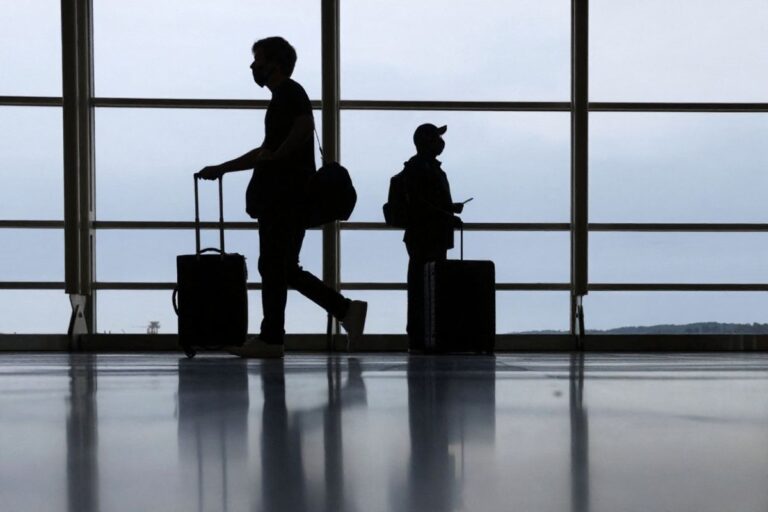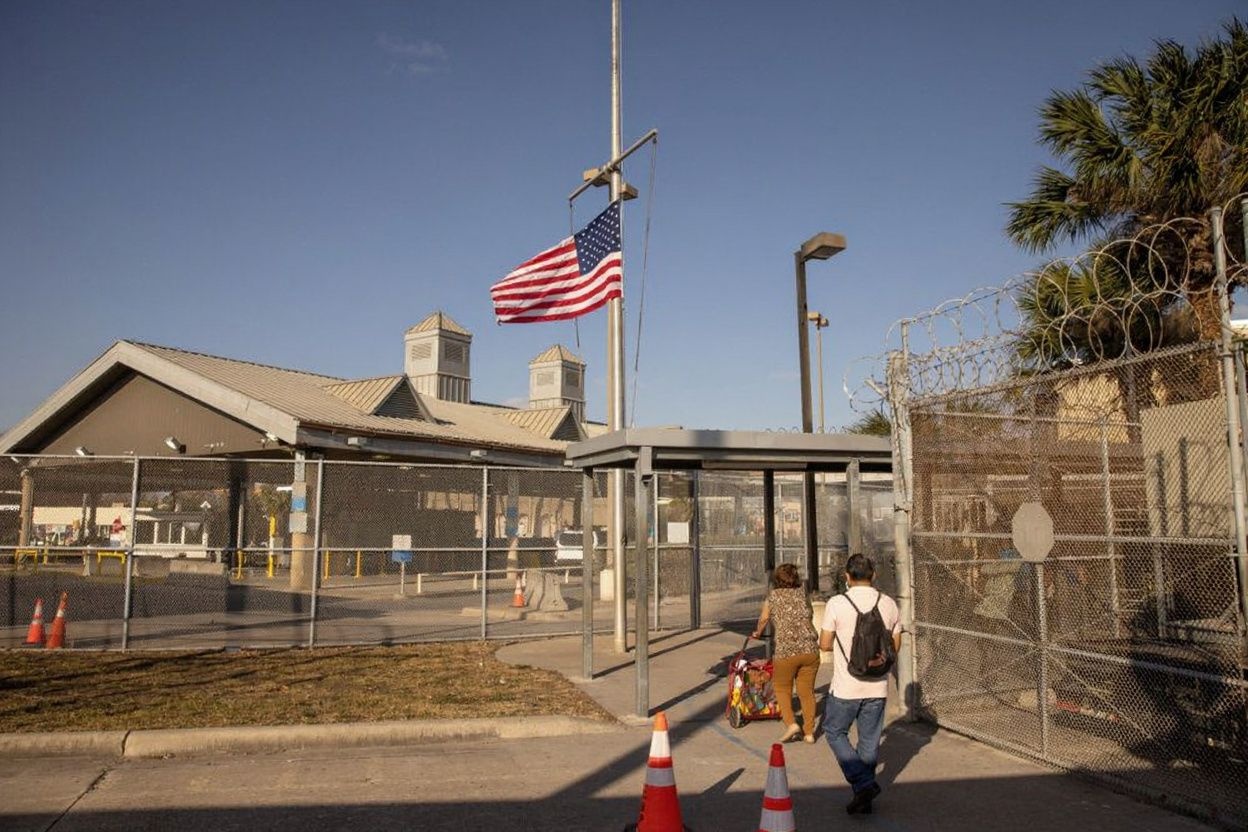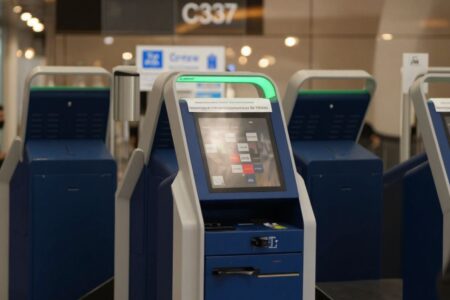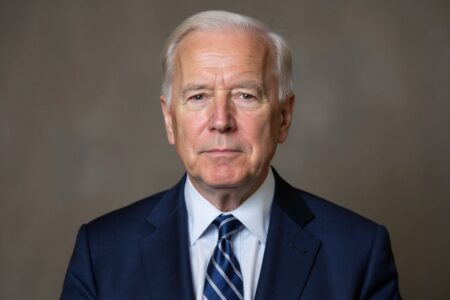
Immigration matters can be tough to navigate as a newcomer — which is why in the US, there are designated school officials to help out. This university staff member liaises between international students, the school, and the US government, making them your go-to person for all immigration and travel matters in the US.
As you may know, US universities must be certified by the US Student and Exchange Visitor Programme (SVEP) to enrol international students. Each SVEP-certified institution has a designated school official, or a DSO. “It’s very important that the student meets with his/her DSO upon entering the US to procure information concerning the legalities of his/her stay in the US. An international student must be enrolled in a full-time qualifying course and must complete class attendance and course work as required,” immigration lawyer Poorvi Chothani writes in The Economic Times.
Here’s a look at the roles of a designated school official.
 The US is known for its strict, multi-layered immigration laws, which can be challenging to navigate as a newcomer.
The US is known for its strict, multi-layered immigration laws, which can be challenging to navigate as a newcomer.
Designated school officials help secure visa
If you are coming to the US, you would be familiar with the visa types for international students. You must have an F-1 academic student visa or M-1 vocational student visa, which can be obtained at a US embassy or consular office back home. A key document in this process is Form I-20, Certificate of Eligibility for Nonimmigrant Student Status, which is typically mailed to applicants.
“A student’s Form I-20 is a document issued to international students accepted by SEVP-certified schools that indicates a student’s primary purpose for coming to the US,” Chothani explains. “Assuming the travel ban is rescinded, an international student can procure a visa and travel to the US, he or she may enter the country up to 30 days prior to the official programme start date, as listed on their Form I-20.”
As a pandemic measure, DSOs are now allowed to email you a scanned copy of the Form I-20 instead. Jonathan Moor from the US Immigration and Customs Enforcement (ICE) at the Department of Homeland Security (DHS) confirmed this with US News, adding that those seeking to defer their start date listed on the I-20 “should speak with their designated school official as soon as possible to receive an updated Form I-20 with a new programme start date.” International students are only allowed to defer before they arrive in the US, so you will complete this process remotely.
Designated school officials assist in transfers
Besides that, your DSO also plays a role if you wish to change your major or programme, ask for an extension, or transfer to a different institution. They ensure that you meet the required credit hours for your study level. Reduced course loads and withdrawals must therefore be authorised by your DSO, too.
Plus, to change majors or schools you first need a new Form I-20. Your DSO must check that your I-20 is updated and sign it again every year. Only then will you be able to use it as a supporting document for your student visa in the US.
“In the event that a student forgets to have their I-20 signed, the US port of entry officer can issue the student an I-515A. This gives the student 30 days to talk to their DSO and get their documents in order,” said Nevena Martinovic, director of YouGrad and member of the Higher Education Consultants Association.
 Moving to a new university? Get your DSO's clearance first.
Moving to a new university? Get your DSO's clearance first.
Designated school officials aid with travel and work in the US
On that note, your DSO should be up-to-date on your location while you are on a student visa. They should be notified before you take a leave of absence from school or travel beyond the US. Think of them as part of your university support system; they provide advice based on your unique scenario and keep up on your wellbeing during tough times such as the ongoing pandemic.
Bonus: DSOs help out when you are changing your name or address, or when you’re applying for a driver’s license or Social Security number as an international student. You should check that your SEVIS record is active before applying for any of these.
Besides that, you should discuss your work plans with your DSO. Even working on campus or starting your own small enterprise counts as employment, so check with your DSO if this affects your immigration status at all. If you wish to stay after graduation under the Optional Practical Training (OPT) or Curricular Practical Training (CPT) programmes, your DSO would also know how and where to start — especially since work authorisation in the US is based on federal regulations. Both OPT and CPT require the issuance of a new Form I-20.










